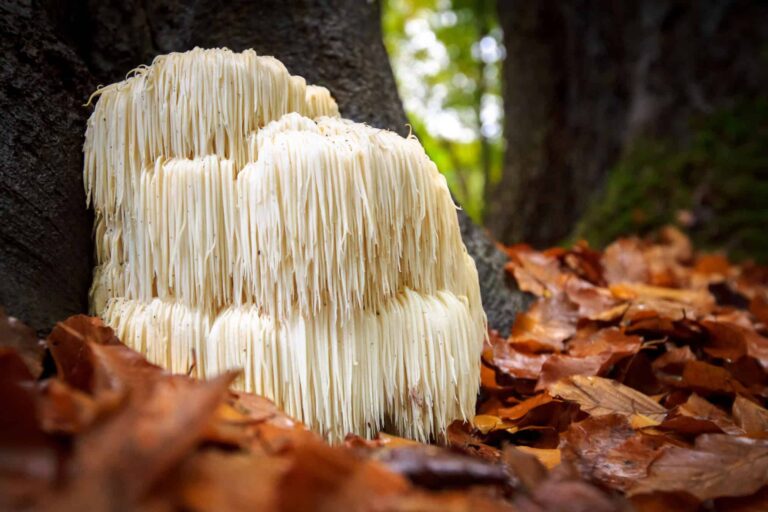
The Patchwork Quilt of Psychedelic Legality
The legal status of psychedelics is akin to a patchwork quilt, with each region stitching its own unique narrative. While some countries embrace the therapeutic potential of psychedelics and are taking steps toward decriminalization or legalization, others maintain strict prohibitions, viewing these substances through the lens of historical stigma.
In the United States, for instance, psychedelic legality is a mosaic of varying regulations. Psilocybin, the psychoactive compound found in magic mushrooms, remains a Schedule I substance at the federal level. However, several cities and states are challenging this classification, with initiatives for decriminalization and therapeutic use gaining traction.
Decriminalization vs. Legalization: Unraveling the Nuances
Decriminalization and legalization are two distinct approaches that shape the legal landscape of psychedelics. Decriminalization involves reducing or eliminating criminal penalties for the possession and use of psychedelics, often treating such offenses as civil infractions. This approach emphasizes a shift from punitive measures to harm reduction and public health.
Conversely, legalization involves removing legal prohibitions, allowing regulated access to psychedelics for various purposes, including therapeutic use, research, and sometimes even recreational consumption. The debate between these approaches underscores the ongoing dialogue about the societal benefits and risks associated with psychedelic substances.
Shifting Perspectives: Psychedelics in the Medical Spotlight
In recent years, psychedelics have stepped into the medical spotlight, with researchers uncovering their potential therapeutic applications. Substances like psilocybin and MDMA are being studied for their efficacy in treating mental health conditions such as depression, PTSD, and anxiety.
This shift in perspective is influencing legal discussions. Some jurisdictions are reconsidering their stance on psychedelics, recognizing the potential benefits when used in a controlled, therapeutic setting. As research progresses, we may witness an increasing number of regions opening the door to medical and therapeutic applications of psychedelics.
Community Initiatives: Grassroots Movements for Change
The push for change is not confined to legislative chambers alone. Grassroots movements, advocacy groups, and passionate individuals are contributing to shifts in public perception and, subsequently, legal attitudes toward psychedelics.
Cities like Denver and Oakland have witnessed successful initiatives to decriminalize the possession and use of certain psychedelics. These local movements demonstrate the power of communities to shape their own narratives, challenge stereotypes, and influence the legal discourse surrounding psychedelics.
The Global Landscape: Contrasting Approaches
A global perspective reveals a diverse array of approaches to psychedelics. Some countries, like Portugal and the Netherlands, have adopted progressive measures such as decriminalization and regulated access. Others, however, maintain stringent prohibitions, often influenced by historical or cultural factors.
Understanding these global variations is crucial for anyone navigating the legal landscape of psychedelics. It highlights the importance of cultural context, societal attitudes, and the role of education in shaping policies that reflect the nuanced nature of psychedelic use.
The Road Ahead: Toward a Harmonized Legal Framework
As we navigate the legal landscape of psychedelics, it’s clear that the journey is far from over. The road ahead involves continued research, education, and open dialogue to foster a harmonized legal framework that acknowledges both the potential benefits and risks associated with these substances.
Whether you’re an advocate for decriminalization, a proponent of therapeutic use, or simply a curious mind exploring the realms of psychedelics, the evolving legal landscape invites us to engage in conversations that transcend borders and bridge cultural divides. Together, we can contribute to a future where the legal framework aligns with the growing understanding of psychedelics as agents of healing, introspection, and personal growth.